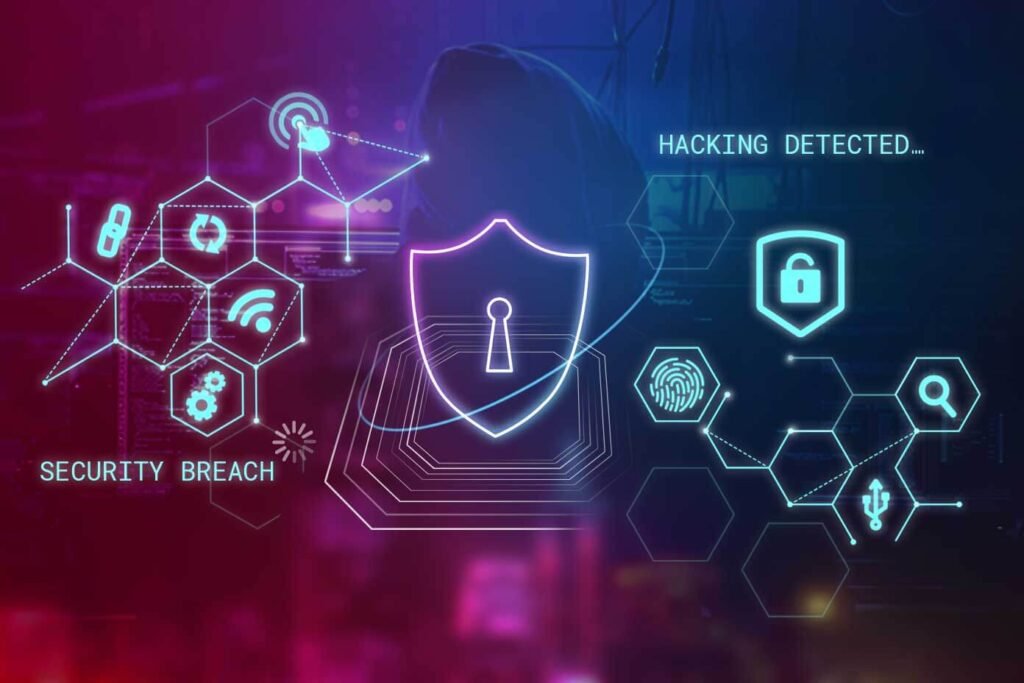
- Understanding the Cybersecurity Landscape for Global Capability Centers (GCCs)
Global Capability Centers (GCCs) play a pivotal role in supporting various business functions for multinational corporations. However, their global presence and interconnectedness also expose them to a myriad of cybersecurity challenges. This topic delves into the cybersecurity landscape specific to GCCs, exploring the diverse range of threats they face, including data breaches, insider threats, and sophisticated cyber attacks. By understanding the unique challenges GCCs encounter, organizations can develop tailored cybersecurity solutions to fortify their operations effectively.
- Assessing Vulnerabilities and Risks in GCC Environments
GCCs operate in complex digital ecosystems, making them susceptible to various vulnerabilities and risks. This topic examines the critical vulnerabilities prevalent in GCC environments, such as legacy systems, third-party dependencies, and remote workforce challenges. It also discusses the importance of conducting comprehensive risk assessments to identify and prioritize cybersecurity risks effectively. By assessing vulnerabilities and risks proactively, organizations can develop targeted strategies to mitigate potential threats and strengthen their cyber resilience.
- Implementing Robust Security Controls and Frameworks
To bolster cybersecurity defenses, GCCs must implement robust security controls and frameworks tailored to their unique operational requirements. This topic explores best practices for implementing security controls such as access management, encryption, and network segmentation. It also discusses the significance of adopting industry-standard cybersecurity frameworks such as NIST Cybersecurity Framework or ISO/IEC 27001 to guide cybersecurity initiatives effectively. By adhering to established security controls and frameworks, GCCs can enhance their cybersecurity posture and mitigate the risk of cyber incidents.
- Enhancing Insider Threat Detection and Prevention
Insider threats pose a significant risk to GCCs, as employees and third-party contractors with privileged access can inadvertently or maliciously compromise sensitive data and systems. This topic examines strategies for enhancing insider threat detection and prevention in GCC environments, including user behavior analytics, privileged access management, and robust employee training programs. It also discusses the importance of fostering a culture of security awareness and accountability among employees to mitigate the insider threat risk effectively.
- Strengthening Incident Response and Business Continuity Planning
In the event of a cyber incident, timely detection, response, and recovery are crucial for minimizing the impact on GCC operations and mitigating financial and reputational losses. This topic explores strategies for strengthening incident response and business continuity planning in GCCs, including establishing incident response teams, conducting tabletop exercises, and implementing backup and recovery mechanisms. It also emphasizes the importance of collaborating with internal stakeholders, external partners, and regulatory authorities to coordinate effective incident response efforts.
- Embracing Emerging Technologies for Cyber Resilience
As cyber threats evolve and grow more sophisticated, GCCs must leverage emerging technologies to enhance their cyber resilience. This topic examines the role of technologies such as artificial intelligence (AI), machine learning (ML), and blockchain in augmenting cybersecurity capabilities for GCCs. It discusses how AI and ML can be utilized for threat detection and anomaly detection, while blockchain can enhance data integrity and transaction security. By embracing these technologies, GCCs can stay ahead of evolving cyber threats and ensure the resilience of their digital infrastructure.

